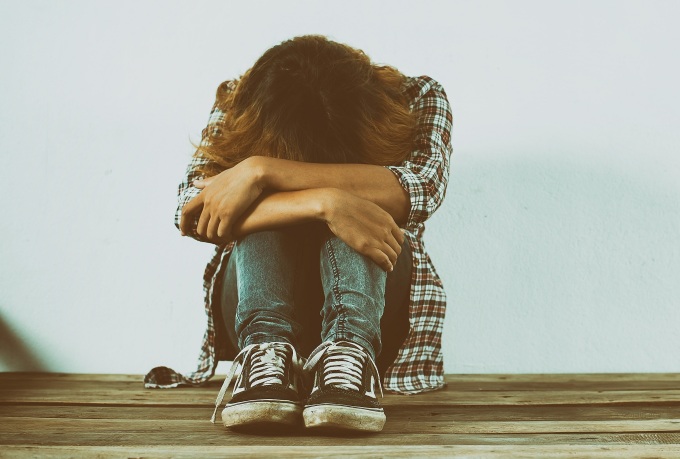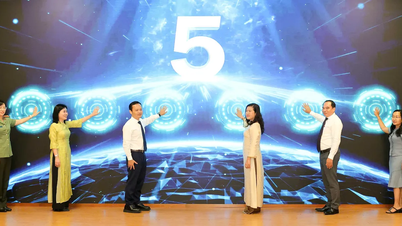People who are lonely for a long time can have reduced memory and learning functions, become negative, and have less trust in others.
According to the American Psychological Association, loneliness can cause health problems. When you are lonely, your brain is in a state of alertness and threat, which hinders your thinking and perception.
Contribute to cognitive decline
Changes in the brain can occur when people are lonely. A study published in the New England Journal of Medicine in 2019 followed the health of nine explorers living alone in Antarctica for 14 months. Researchers found that the part of the explorers’ brains, the dentate gyrus, shrank by about 7%. The hippocampus includes the dentate gyrus, which is involved in learning and memory.
The explorers also had reduced levels of the protein BDNF in their blood. BDNF is a brain-derived neurotrophic factor that regulates stress and memory. Reduced levels of this protein were also associated with reduced dentate gyrus volume. They performed worse on tests of memory and spatial processing.
Another 2019 study of more than 11,000 people by the London School of Economics and Political Science and the University of Essex (UK) had similar findings. People with high levels of loneliness had above-average cognitive function impairment when performing memory tests.

Long-term loneliness reduces the brain's memory function. Photo: Freepik
Triggers neural responses that mimic hunger
Loneliness can trigger neural responses in the brain similar to hunger and the desire to eat. In 2020, neuroscientists at the Massachusetts Institute of Technology (USA) conducted a study on the effects of loneliness and social isolation on the brain and mind.
Forty people aged 18-40 underwent 10 hours of social isolation (each person isolated separately) and underwent functional magnetic resonance imaging (fMRI) of their brains. Then, each person fasted for 10 hours and had an fMRI performed. The results showed that the neurological signs of loneliness when isolated were similar to those of hunger and craving. The two neurological states were the same for both conditions.
Researchers suggest that when people are lonely, brain regions associated with emotion, rumination and stress light up, signaling the need for more social connection.
Easily negative
A 2016 study by the University of Chicago and the University of California (USA) on 488 people showed that feeling lonely makes us more likely to be negative. fMRI experiments showed that the brain is more activated in response to negative stimuli than positive stimuli when lonely. This is a self-protective response of the brain.
According to a 2020 study by the American College of Social Work, lonely people are often hypervigilant about potential threats. 7,500 older adults who participated in the study answered survey questions. The answers showed that lonely people tend to be more vulnerable and act negatively. As a result, they become more isolated from people around them. This type of negative thinking can create a vicious cycle.
Less trusting of others
Lonely people are often more alert to threats around them, leading to a loss of trust in others. Researchers at the University Hospital of Bonn (Germany) conducted an experiment with more than 3,600 adults, including 42 people who were often lonely. Specifically, participants were given a sum of money, which would be multiplied if they gave it away and the person who gave it back.
The results showed that lonely people shared less with others. Brain fMRI scans showed that lonely people had less activity in parts of the brain associated with trust.
Mai Cat (According to Everyday Health )
| Readers ask questions about neurological diseases here for doctors to answer |
Source link



![[Photo] Solemn opening of the 12th Military Party Congress for the 2025-2030 term](https://vphoto.vietnam.vn/thumb/1200x675/vietnam/resource/IMAGE/2025/9/30/2cd383b3130d41a1a4b5ace0d5eb989d)
![[Photo] General Secretary To Lam, Secretary of the Central Military Commission attends the 12th Party Congress of the Army](https://vphoto.vietnam.vn/thumb/1200x675/vietnam/resource/IMAGE/2025/9/30/9b63aaa37ddb472ead84e3870a8ae825)
![[Photo] Panorama of the cable-stayed bridge, the final bottleneck of the Ben Luc-Long Thanh expressway](https://vphoto.vietnam.vn/thumb/1200x675/vietnam/resource/IMAGE/2025/9/30/391fdf21025541d6b2f092e49a17243f)
![[Photo] President Luong Cuong receives President of the Cuban National Assembly Esteban Lazo Hernandez](https://vphoto.vietnam.vn/thumb/1200x675/vietnam/resource/IMAGE/2025/9/30/4d38932911c24f6ea1936252bd5427fa)
![[Photo] The 1st Congress of Phu Tho Provincial Party Committee, term 2025-2030](https://vphoto.vietnam.vn/thumb/1200x675/vietnam/resource/IMAGE/2025/9/30/1507da06216649bba8a1ce6251816820)































































































Comment (0)